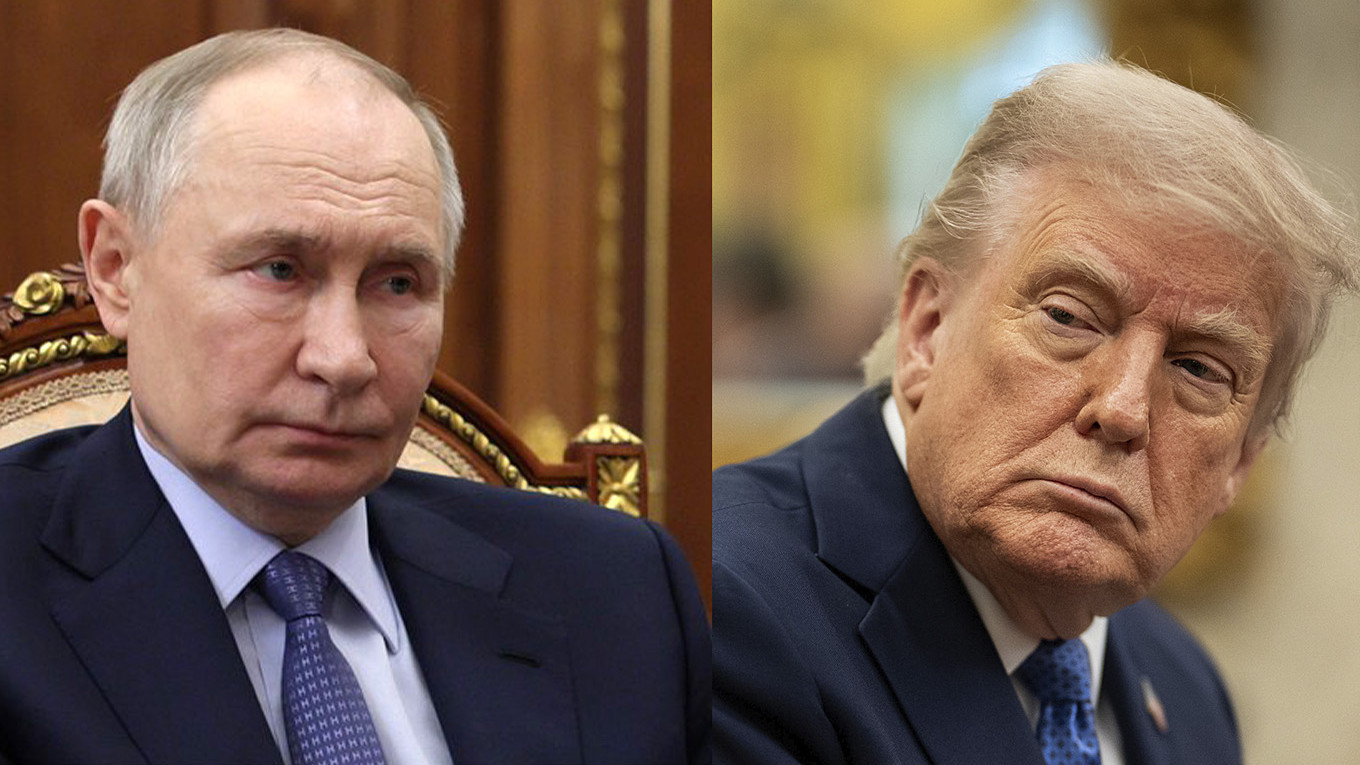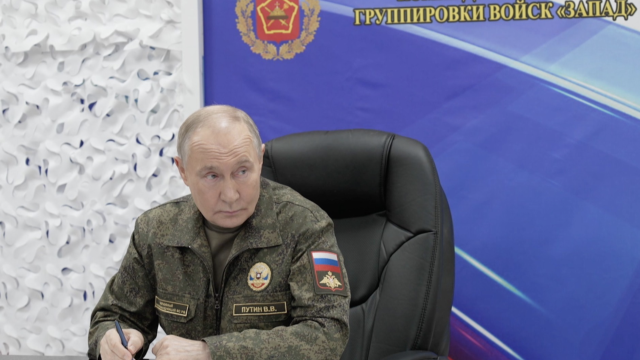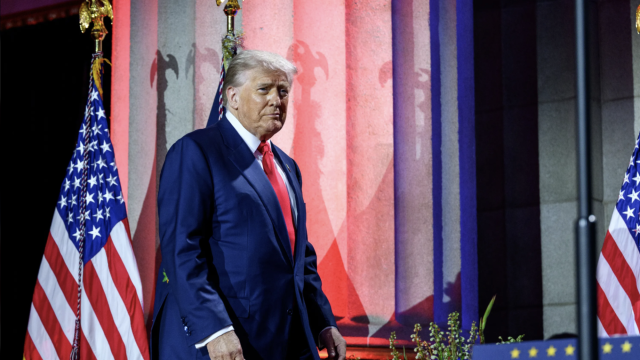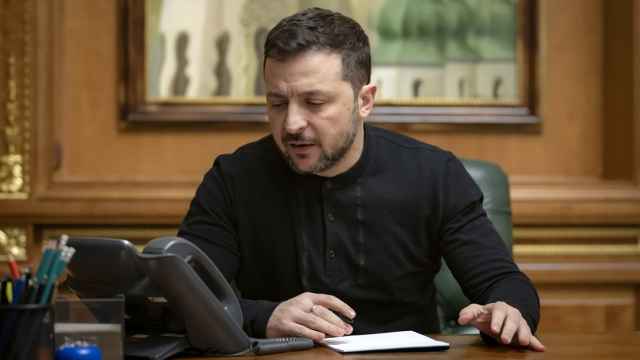President Vladimir Putin discussed the conflict between Israel and Iran, as well as efforts towards a Ukraine settlement in a phone call with U.S. counterpart Donald Trump, the Kremlin said Saturday.
It was the fourth phone call between the two leaders under efforts to reset relations since Trump took office, in a stark pivot from the approach of his predecessor Joe Biden's administration.
"The dangerous escalation in the Middle East was of course at the center of the exchange," the Kremlin said, after Israel on Friday bombarded Iran, prompting Iran to launch strikes at Israel in return.
The Russian president said Moscow was ready to mediate between Israel and Iran, it added.
Both Putin and Trump expressed concern about the recent escalation in the Middle East, but both still "did not rule out a return to negotiations on Iran's nuclear program," according to the statement.
It said Putin also informed Trump about the "implementation of the agreements reached at the meeting between the Russian and Ukrainian delegations in Istanbul on June 2."
The Russian leader told his U.S. counterpart that Russia was ready to continue negotiations with Ukraine after June 22, while Trump acknowledged this and "reiterated his interest in the swift resolution of the Russian-Ukrainian conflict," the Kremlin added.
Putin also congratulated Trump on his birthday and both leaders mentioned the "brotherhood in arms" between Russia and the United States during World War II.
The previous day, Putin held separate phone calls with Israeli Prime Minister Benjamin Netanyahu and Iranian President Masoud Pezeshkian, during which he condemned Israel's wave of strikes on Iran.
Putin "stressed that Russia condemns Israel's actions, which violate the UN Charter and law," the Kremlin said in a statement about the calls.
He also told Netanyahu of his "readiness to provide mediation services in order to prevent further escalation of tensions."
A Message from The Moscow Times:
Dear readers,
We are facing unprecedented challenges. Russia's Prosecutor General's Office has designated The Moscow Times as an "undesirable" organization, criminalizing our work and putting our staff at risk of prosecution. This follows our earlier unjust labeling as a "foreign agent."
These actions are direct attempts to silence independent journalism in Russia. The authorities claim our work "discredits the decisions of the Russian leadership." We see things differently: we strive to provide accurate, unbiased reporting on Russia.
We, the journalists of The Moscow Times, refuse to be silenced. But to continue our work, we need your help.
Your support, no matter how small, makes a world of difference. If you can, please support us monthly starting from just $2. It's quick to set up, and every contribution makes a significant impact.
By supporting The Moscow Times, you're defending open, independent journalism in the face of repression. Thank you for standing with us.
Remind me later.






